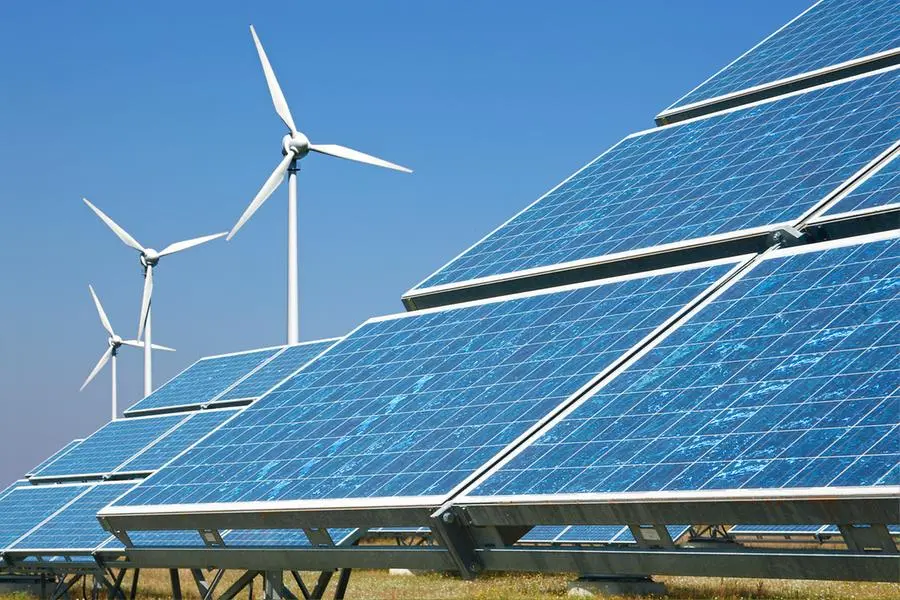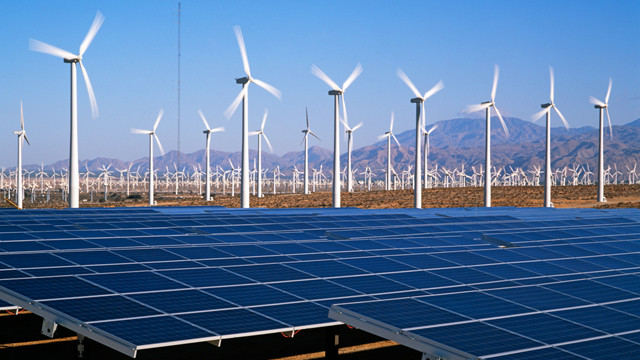
Introduction
Renewable energy and sustainability have become critical topics in today’s world, and one of the key players in this field is distributed solar energy. This article aims to explore the social and economic impacts of distributed solar energy, shedding light on its relevance and importance. By harnessing the power of the sun, distributed solar energy has the potential to revolutionize the way we generate electricity. However, this transition is not without its challenges. In this article, we will delve into the potential benefits and challenges associated with distributed solar energy, paving the way for a comprehensive understanding of its true impact.
Historical Background
To truly appreciate the significance of distributed solar energy, it is essential to grasp its development and adoption throughout history. Solar energy technologies have evolved from simple experiments to sophisticated systems we see today. The advent of distributed solar energy marked a significant shift from centralized power systems, allowing individual households and communities to generate their own electricity. Over time, various milestones and policy changes have shaped the growth of distributed solar energy, making it a viable option for many.
Key Concepts and Definitions
Before delving into the social and economic impacts, it is crucial to establish a clear understanding of the key concepts and definitions related to distributed solar energy. Distributed solar energy systems comprise components like solar panels, inverters, and net metering. Grid parity, a concept vital to the economics of solar energy, refers to a point where the cost of solar energy becomes equal to or lower than traditional fossil fuel-based electricity generation. Differentiating distributed solar energy from other forms of renewable energy, such as utility-scale solar, helps grasp its unique characteristics and benefits.

Main Discussion Points
Economic Impacts of Distributed Solar Energy
One of the main advantages of distributed solar energy lies in its potential for job creation and economic growth. Deploying distributed solar energy systems requires skilled labor, leading to job opportunities in installation, maintenance, and manufacturing sectors. Additionally, distributed solar energy has proven to be cost-effective when compared to traditional fossil fuel-based electricity generation. As the cost of solar panels continues to decline, distributed solar energy becomes an increasingly attractive option, stimulating economic activity. Moreover, the deployment of distributed solar energy can have a positive impact on electricity prices, resulting in consumer savings and improved affordability.
Social Impacts of Distributed Solar Energy
Energy access and energy independence are crucial factors for households and communities. Distributed solar energy offers the potential for increased energy access, allowing individuals to generate their own electricity and become less dependent on centralized power systems. This increased energy independence can contribute to improved living standards and reduced energy poverty. Furthermore, distributed solar energy plays a significant role in promoting energy equity, ensuring that all communities, regardless of their socioeconomic status, have access to clean and affordable electricity. By providing clean energy, distributed solar energy also contributes to improved public health and reduced greenhouse gas emissions, fostering a sustainable and healthier society.
Environmental Impacts of Distributed Solar Energy
When it comes to addressing climate change, distributed solar energy plays a crucial role. By harnessing the power of the sun, distributed solar energy systems produce clean electricity, free from carbon emissions and air pollution. This reduction in greenhouse gas emissions contributes to climate change mitigation efforts, helping to combat global warming. Additionally, distributed solar energy systems have the potential to reduce reliance on fossil fuels, further reducing environmental impact. However, it is important to acknowledge any environmental concerns or trade-offs associated with the production and disposal of solar panels, ensuring that the environmental benefits of distributed solar energy are maximized.
Case Studies or Examples
Real-world examples provide substantial evidence of the social and economic benefits of distributed solar energy. Successful projects, such as community solar initiatives and rooftop installations, have demonstrated the positive impact of distributed solar energy. These projects have improved energy access, created job opportunities, and reduced energy poverty in various communities. By examining these case studies, we can identify best practices and learn valuable lessons to further enhance the social and economic impacts of distributed solar energy.
Current Trends or Developments
The adoption and deployment of distributed solar energy have witnessed significant trends and developments in recent years. Policy changes and incentives have played a pivotal role in influencing the growth of distributed solar energy. Governments and organizations worldwide are implementing strategies to encourage the adoption of distributed solar energy, further driving its expansion. Additionally, recent research findings have shed light on the social and economic impacts of distributed solar energy, providing valuable insights for policymakers, researchers, and stakeholders.
Challenges or Controversies
While distributed solar energy presents numerous advantages, it is not free from challenges and controversies. Financing and affordability remain significant hurdles for many individuals and communities looking to install distributed solar energy systems. Additionally, regulatory hurdles and grid integration issues can impede the widespread adoption of distributed solar energy. Furthermore, differing viewpoints and controversies surround the social and economic impacts of distributed solar energy, particularly concerning potential job losses in the fossil fuel industry. Addressing these challenges and controversies is essential for the continued growth and acceptance of distributed solar energy.
Future Outlook
Looking ahead, the future of distributed solar energy appears promising. Continued technological advancements and innovations hold the potential to further enhance the social and economic impacts of distributed solar energy. From improved solar panel efficiency to energy storage solutions, emerging technologies offer exciting opportunities for growth and sustainability. Policymakers and industry leaders must also consider implementing supportive initiatives and policies to facilitate the expansion of distributed solar energy, driving a cleaner and more resilient energy future.
Conclusion
Distributed solar energy has emerged as a powerful force in the realm of renewable energy and sustainability. With the potential to revolutionize electricity generation, it offers significant social and economic benefits. By fostering job creation, improving energy access, and reducing environmental impact, distributed solar energy paves the way for a more equitable and sustainable future. Further research and exploration of this topic are necessary to fully unlock its potential and continue driving positive change.